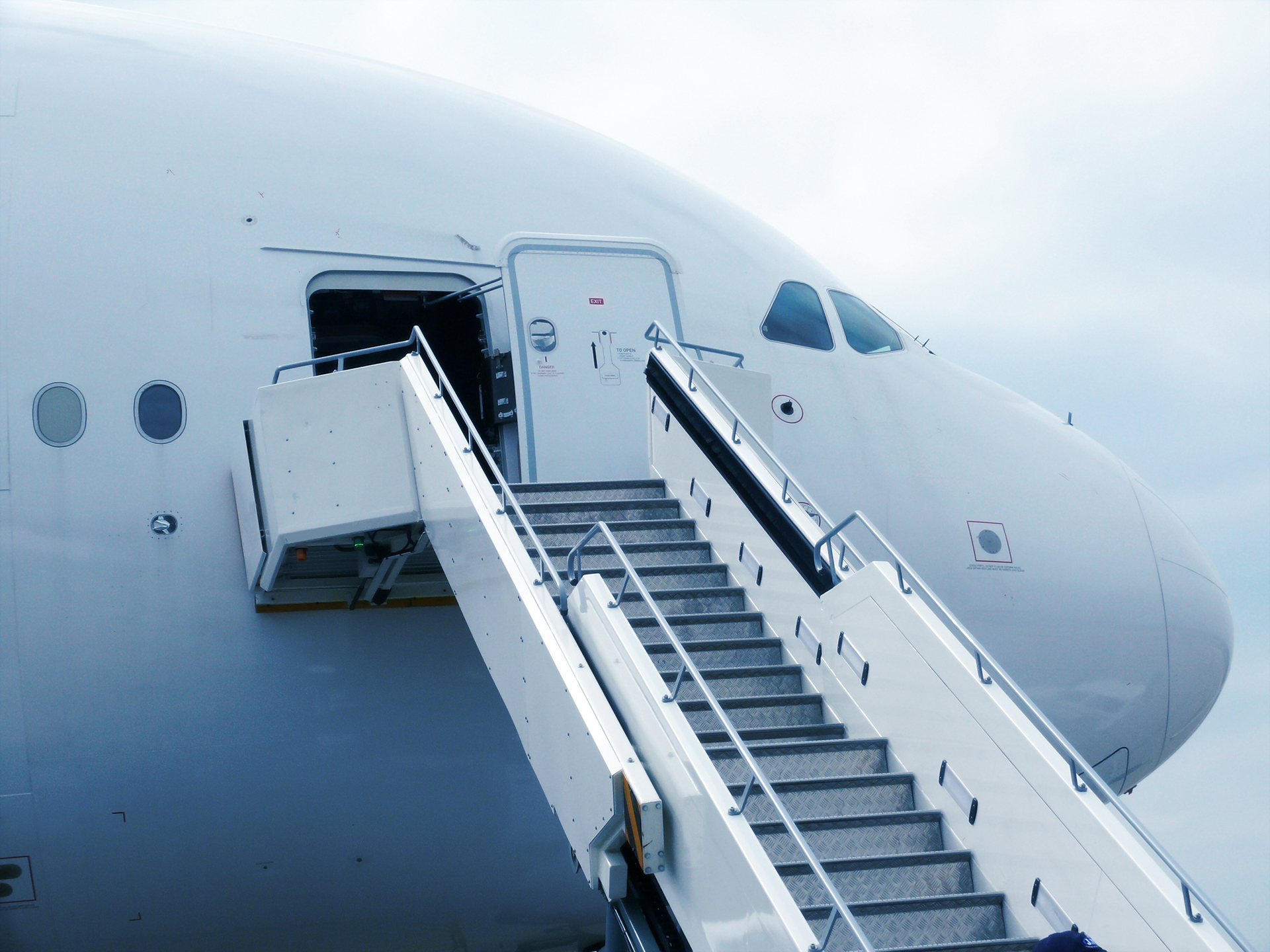Muhammad Albakri, IATA’s Senior Vice President, Financial Settlement and Distribution Services, says the customer remains at the heart of industry efforts to build back better.
For the industry recovery to take hold as quickly as possible we need to speed up the digital transformation of our financial and distribution systems to deliver more value. They must be more effective, less costly, and customer centric.
This is not just about implementing technology. Regulators must accept the need for digital processes and eliminate paper requirements. But, of course, industry legacy systems are still the main roadblock. The data exchange standards are hardwired into these systems and some date back 50 years or more. New digital data exchange standards, such as New Distribution Capability (NDC) and ONE Order, are absolutely essential for the industry to progress. It will encourage a win-win situation, where both consumers and airlines benefit.
Of course, it is difficult to commit to new projects at the moment with funds so limited and rules and guidance regarding travel changing constantly. It means we are still in a learning process.
But what we do know is that the industry continues to burn through cash. And the debt burden is becoming greater by the day. Improving financial resilience—ensuring whatever revenues are generated are processed in a timely, reliable, and efficient fashion while reducing delays and costs—and providing greater flexibility to handle new payment methods, are therefore essential.
There are a number of elements to this work. First and foremost is the need for cooperation throughout the aviation value chain. This is the fundamental takeaway from the crisis to date. Airlines cannot bring change in isolation. It requires all stakeholders, including governments, to work together to look for opportunities to transform the industry through the use of technology and data.
IATA is working through three advisory councils—the Distribution Advisory Council (DAC), the Financial Advisory Council (FINAC), and the Digital Transformation Advisory Council (DTAC)—in search of these opportunities. The aim is to not only support airlines through new standards and tools but also to bring new stakeholders to the table. Understanding such areas as retail, dynamic pricing, and consumer behavior could make all the difference, especially to those airlines that are struggling.
Consumers want choice and the ability to pay in a manner that suits them. But we can’t add costly processes. The fact is it costs airlines more than $10 billion to process payments in a normal year, which is more than the cost of distribution. We must reduce that amount. IATA Pay is a new initiative that supports ticket purchases via direct bank transfer. We expect it to produce significant industry savings and greater security for all participants. Emirates is the launch customer…



